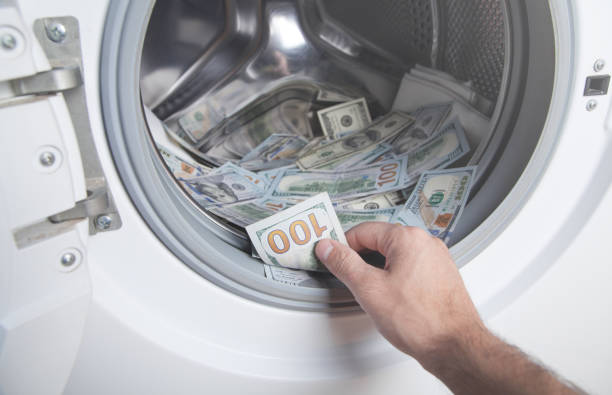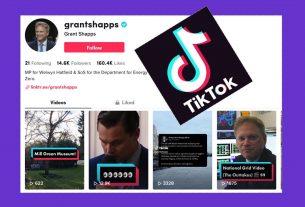Alexander Vinnik, a Russian national accused of orchestrating a large-scale cryptocurrency money laundering operation, has been released from U.S. custody in a prisoner exchange deal involving Marc Fogel, an American detained in Russia. According to sources familiar with the matter, Vinnik’s release is part of a diplomatic negotiation aimed at bringing back wrongfully detained U.S. citizens.
Vinnik, who allegedly operated an illicit cryptocurrency exchange tied to criminal activities, was initially arrested in Greece in 2017 before being extradited to France, where he received a five-year prison sentence in 2020 for money laundering. Later, he was transferred to the U.S. in 2022, where authorities pursued additional charges against him. As part of the exchange agreement, Vinnik was required to forfeit assets seized by the U.S. government.
Legal representatives for Vinnik had previously advocated for his inclusion in prisoner exchange deals, and discussions about his release had surfaced in past negotiations. The Biden administration had reportedly considered his name in ongoing efforts to secure the freedom of detained Americans such as Paul Whelan.
The Kremlin confirmed that a Russian citizen had been freed as part of the arrangement and would soon return to Russia. Dmitry Peskov, the Kremlin’s spokesperson, acknowledged that negotiations between Washington and Moscow had intensified in recent weeks, culminating in Fogel’s release and the return of a detained Russian national. However, Russian officials have withheld the identity of the individual until their arrival in the country.
Steve Witkoff, a U.S. envoy involved in the discussions, disclosed that the possibility of securing Fogel’s release emerged only days before the exchange. He coordinated efforts with key officials, including former President Donald Trump, National Security Adviser Mike Waltz, and CIA Director John Ratcliffe. Trump personally authorized the mission, directing Witkoff to finalize the deal.
Upon his return to the U.S., Fogel arrived at the White House draped in an American flag, where he was welcomed by Trump. The former president described it as an honor to play a role in securing his freedom. Additionally, Trump indicated that another American’s release was expected soon, though details remain undisclosed. Several Americans remain imprisoned in Russia, including individuals classified as wrongfully detained, such as Stephen Hubbard and dual-national Ksenia Karelina.
A senior White House official emphasized that Fogel’s return was not structured as a direct one-for-one exchange. Instead, considerations were made regarding nonviolent individuals who could be included in negotiations. Adam Boehler, a special envoy for hostage affairs, reiterated that each case is handled uniquely rather than through simultaneous swaps.
Following his release, Fogel is set to undergo a U.S. government program designed to aid in his reintegration. Known as Post Isolation Support Activities (PISA), the initiative helps former detainees adjust after prolonged captivity abroad. Paul Whelan, a previously imprisoned American in Russia, described the transition as surreal, emphasizing that everything would feel unfamiliar to Fogel after years in detention. He also highlighted the support network among former detainees, who remain in touch to assist one another through their shared experiences.
This high-profile prisoner swap represents another chapter in the complex diplomatic relations between the U.S. and Russia, illustrating both the challenges and possibilities of negotiation in securing the return of detained citizens.




